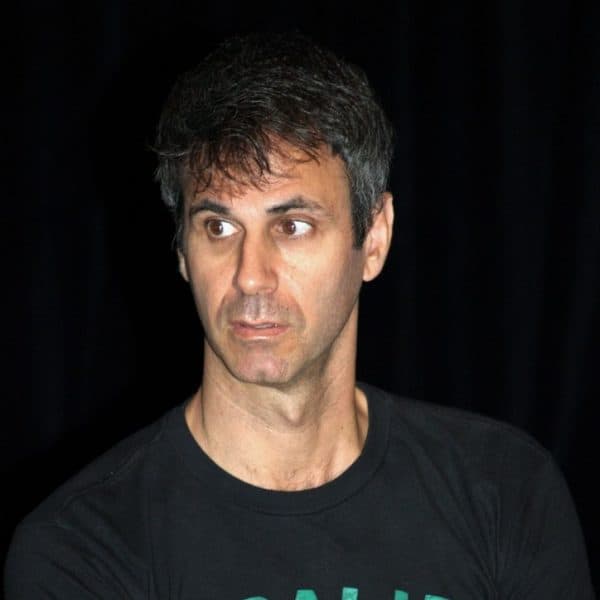Advertisement
Art, Or Access? What Do Writers Owe Their Readers In The Internet Age?

A couple of years ago, I served on a panel focused on the now familiar question of how writers should function in the Internet Age.
Also on this panel was a veteran literary agent, who told the assembled audience — a group of eager MFA candidates — that they needed to establish a “presence” on the Internet, including setting up a Facebook page and a Twitter account.
She had a lengthy handout prepared for these aspiring writers, aimed at helping them build a “digital platform” that would help when it came time to sell a book.
This agent was perfectly well meaning. And much of what she had to say made sense, from a commercial perspective.
The essential work of writers ... consists of weaving words into sentences and sentences into narratives that help us see the world more truthfully -- the world around us and within us.
Still, as the sole writer on the panel, I felt compelled to point out that a writer’s first obligation is toward his or her art, and that “building a digital platform” — as useful as it might be at some point — was too often a distraction from the real business of writing.
Most of the young writers in the room were delighted to hear my little rant. A number of them applauded.
But after the panel, when we broke into small sessions, nearly all those young writers crowded into the room where the agent was holding court with her handouts.
I thought about this episode recently, after reading a story in the Guardian about authors and the Internet. The piece was predicated on a manifesto by the writer Joanne Harris, which included the pledge to not be aloof to readers “whenever you reach out to me — be that on social media or outside, in the real world.”
Advertisement
The notion that authors should be considerate to readers, whenever and wherever they are encountered, seems pretty intuitive.
But here’s the thing to remember about writers (and artists in general): they don’t owe their audiences a damn thing, aside from art they make. The essential work they do is solitary. It consists of weaving words into sentences and sentences into narratives that help us see the world more truthfully — the world around us and within us.
The idea that writers have an obligation to interact with fans is a modern confusion, the residue of a culture that has become saturated by consumerism.
In fact, the scorn heaped upon writers such as Jonathan Franzen — who has no use for the Internet — is more of an indictment of his critics than it is of him.
I say this as a writer who does plenty of work online — you’re reading an example right now — and who has what the marketing people call “a social media presence.”
My point isn’t to criticize writers (like me) who use the Internet to connect with fans or find new ones. But to push back against the idea that being available online is an authorial duty. That idea degrades our essential mission. It positions us, however subtly, as customer service representatives.
I get frustrated when I hear agents or editors prattle on about “digital platforms,” because it’s the wrong goal.
What we should seek to initiate as writers is the sacred and mostly private interaction between reader and text.
Other authors may be able to find more genuine meaning in social media. To me, it mostly feels like a form of personal marketing.
Whether writers want to complicate this interaction by making themselves available online is entirely up to them. There are plenty for whom the Internet is a rich and satisfying marketplace of insights and opportunities. Good on them.
My experience with the Internet is more ambivalent. On the one hand, I’m delighted to be able to reach readers through this new and powerful medium. I’m glad for the conveniences it offers, both to readers and writers.
But it’s also become a massive enabler of distraction and entitlement, a perpetual stoker of competitive anxiety and grievance, the cultural lodestar of the so-called “attention economy.”
Other authors may be able to find more genuine meaning in social media. To me, it mostly feels like a form of personal marketing.
Writers aren’t supposed to say that out loud, especially on the Internet. But we do our readers and ourselves no favors by plying deceit.
